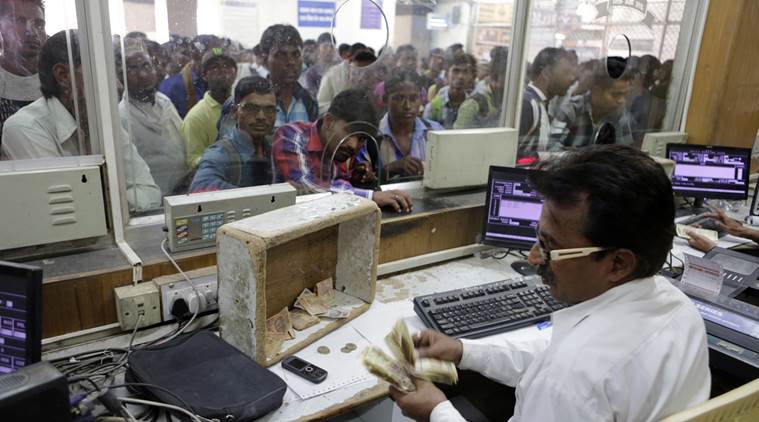
NEW DELHI: While the Government is promoting cashless transaction and making efforts for converting India into less-cash society, more than half of the train tickets in the country are still purchased in cash. According to a survey by RailYatri, this was not because the train travellers necessarily prefer it that way, but the sale of reserved train tickets through authorised agents (contributing an estimated half of reserved ticket sales) continues to be in cash.
The survey also found that neighbourhood ticketing agent were still the preferred choice of people to buy their train tickets.
An estimated 65,000 of these small businesses are spread across the nook and corners of the country. Train ticket purchase involved a number of decisions and travellers preferred to go through their trusted agents to do the job.
According to Co-Founder and CEO of RailYatri Manish Rathi, ”A significant consumer section of India depends on managed services, especially when the complexity of their need is high. And because of the supply-demand mismatch and other uncertainties around, train travel, ticket booking falls in this bucket.
This has in turn led to the popularity of train ticket booking through these travel agents.”
Based on a recent survey done by RailYatri, it was found that while the larger agents have mechanisms of accepting digital payments their train ticket booking was nearly 100 percent in cash.
While consumers have increasingly shown an inclination towards digital payment, the travel agents still shun from accepting these. Much of it, according to them, was due to the outdated ticketing rules and penalty imposed on them.
The findings also found that cash transactions left no trail. These agents have seen the cost of train tickets increasing more than 80 percent in the last five years and so have the cost of running their business.
However, their commission on train tickets have been capped to Rs 20 to 40 with no increase in many years. This has forced several agents to continue with cash payments as it allowed them to charge without a trail of actual amount paid. Unfortunately the consumer was the biggest loser, the survey said.
Mr Rathi said, “Since these agents were an integral part of small businesses ecosystem, the system needs to incentivise them to accept and look for customers who are willing to pay digitally, thus fulfilling the Digital India dream.
With the new management at the helm in the Ministry, we sincerely hope a concerted effort is made in this direction,” (AGENCIES)

